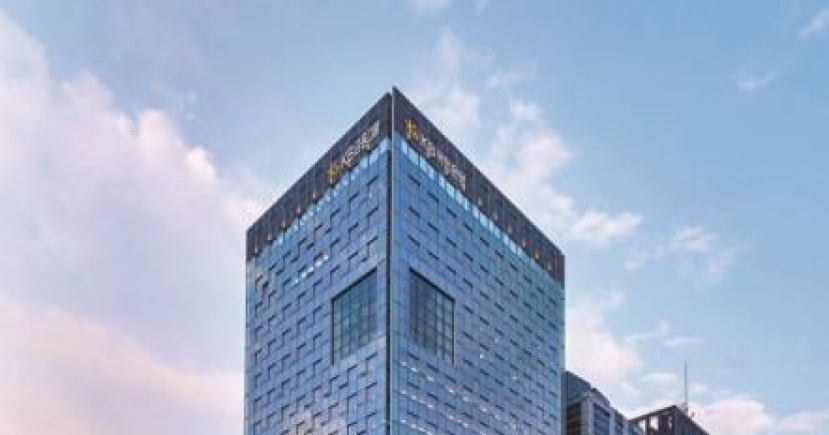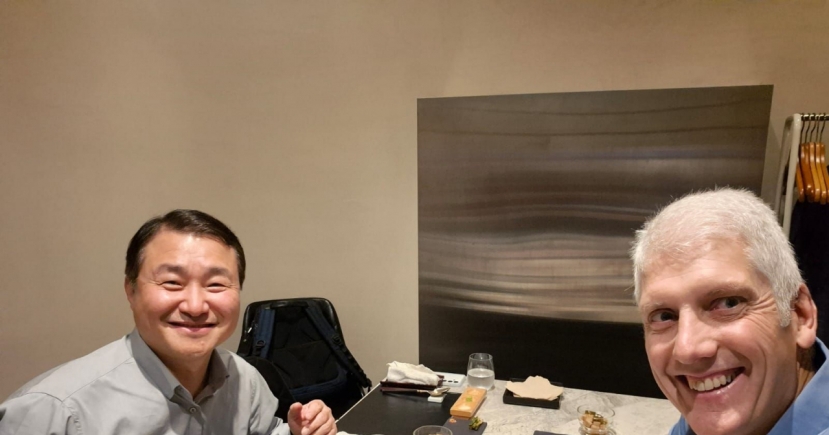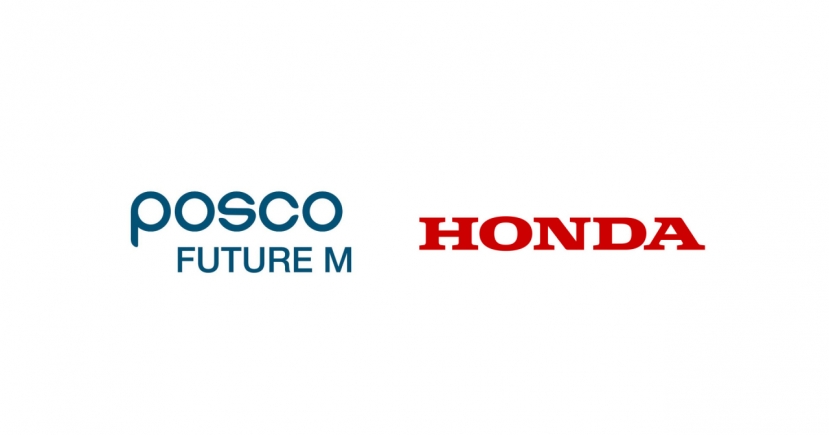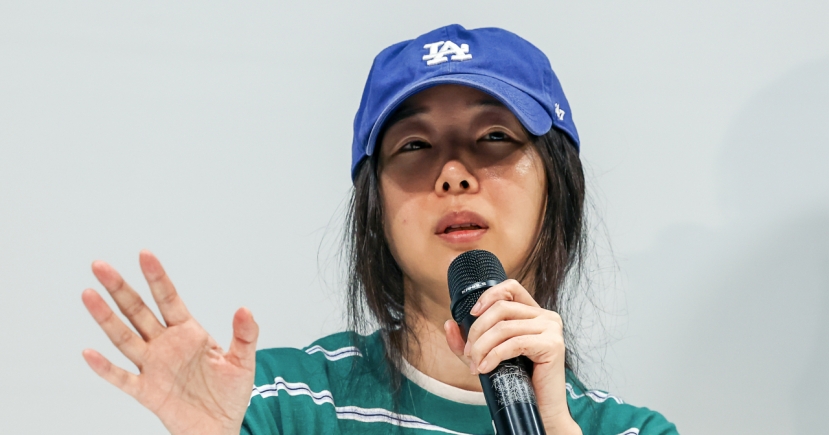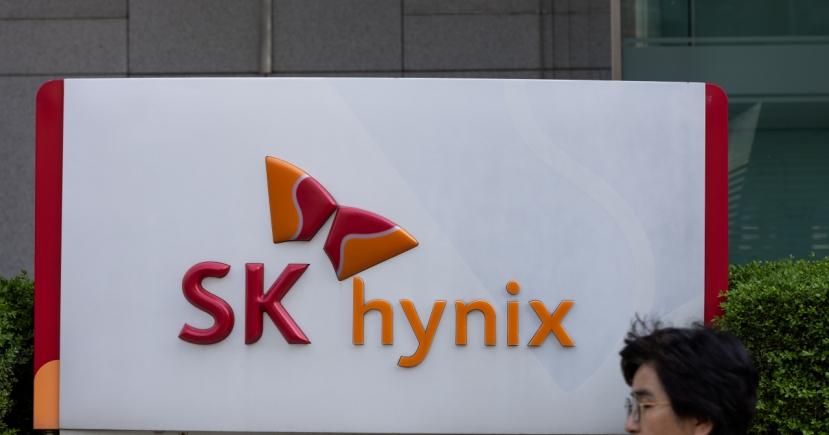Retail & Consumer
Incheon Airport, customs service in duty-free row
[THE INVESTOR] Incheon Airport Corp. and Korea’s customs regulator are in a battle over the process of choosing duty-free operators for the airport’s second terminal, which is currently under construction.
According to the Korea Customs Service on Jan.10, it has informed Incheon Airport Corp. that it will be creating a licensing committee to evaluate bids for duty-free shops in the upcoming second terminal of the airport, similar to the committees involved in choosing operators for duty-free shops outside of airports.
Until now, the airport has had sole authority to accept bids from potential duty-free operators and to ultimately choose the winning companies, which are then evaluated and licensed by the KCS.
The KCS said in a statement that the changes to the process were aimed to “normalize” the process by taking away special privileges that had been allowed for airport duty-free operators.
According to the KCS, the current model was only permitted because it was created in the early days of Incheon Airport, which opened in 2001, when the corporation needed high profits from renting out duty-free store space for maintenance costs.
Currently, Incheon Airport earns about 40 percent of its profits from renting out space for duty-free outlets.
“(The current model used by Incheon Airport) does not align with the goals of current customs law, which focuses on public benefits such as the development of the tourism industry, giving back corporate profits to the community, and mutual growth between large and small companies,” the KCS said.
However, a spokesman for Incheon Airport said the current system was needed to maintain the airport’s operations.
“If the KCS chooses the evaluation criteria for the operators, we lose the power to set the right prices for the rent,” he said. “If the prices fall significantly, we will need to receive some sort of financial support or compensation to make up the difference from the government. Under the KCS’s plan, the private companies who are bidding will be the ones saving money.”
If the KCS and the airport fail to reach an agreement, the situation may need to be mediated by the Office for Government Policy Coordination, under the purview of the Prime Minister.
The pressure is on for Incheon Airport, which has scheduled to open its second terminal in October.
“It takes approximately 10 months for us to choose operators and for them to open, which means we’re right up against the deadline to meet our schedule,” said the airport spokesman. The original call for bidding was originally scheduled for last month.
If the opening of the stores gets pushed back, they may not even open in time for the PyeongChang 2018 Olympic Games, slated for next January.
Meanwhile, the companies that were planning to bid for a duty-free shop in the new terminal said that if the KCS wins this “power struggle,” it will probably be beneficial to the companies.
“To be honest, it would be a little stressful for us because we would have to prepare a new bidding presentation to be evaluated by the KCS,” said a spokesman for one company, who spoke under condition of anonymity. “But in the end, we’re hoping that these changes could lead to a normalization of rent costs at airport duty-free stores.”
By Won Ho-jung/The Korea Herald (hjwon@heraldcorp.com)
According to the Korea Customs Service on Jan.10, it has informed Incheon Airport Corp. that it will be creating a licensing committee to evaluate bids for duty-free shops in the upcoming second terminal of the airport, similar to the committees involved in choosing operators for duty-free shops outside of airports.
Until now, the airport has had sole authority to accept bids from potential duty-free operators and to ultimately choose the winning companies, which are then evaluated and licensed by the KCS.
The KCS said in a statement that the changes to the process were aimed to “normalize” the process by taking away special privileges that had been allowed for airport duty-free operators.
According to the KCS, the current model was only permitted because it was created in the early days of Incheon Airport, which opened in 2001, when the corporation needed high profits from renting out duty-free store space for maintenance costs.
Currently, Incheon Airport earns about 40 percent of its profits from renting out space for duty-free outlets.
“(The current model used by Incheon Airport) does not align with the goals of current customs law, which focuses on public benefits such as the development of the tourism industry, giving back corporate profits to the community, and mutual growth between large and small companies,” the KCS said.
However, a spokesman for Incheon Airport said the current system was needed to maintain the airport’s operations.
“If the KCS chooses the evaluation criteria for the operators, we lose the power to set the right prices for the rent,” he said. “If the prices fall significantly, we will need to receive some sort of financial support or compensation to make up the difference from the government. Under the KCS’s plan, the private companies who are bidding will be the ones saving money.”
If the KCS and the airport fail to reach an agreement, the situation may need to be mediated by the Office for Government Policy Coordination, under the purview of the Prime Minister.
The pressure is on for Incheon Airport, which has scheduled to open its second terminal in October.
“It takes approximately 10 months for us to choose operators and for them to open, which means we’re right up against the deadline to meet our schedule,” said the airport spokesman. The original call for bidding was originally scheduled for last month.
If the opening of the stores gets pushed back, they may not even open in time for the PyeongChang 2018 Olympic Games, slated for next January.
Meanwhile, the companies that were planning to bid for a duty-free shop in the new terminal said that if the KCS wins this “power struggle,” it will probably be beneficial to the companies.
“To be honest, it would be a little stressful for us because we would have to prepare a new bidding presentation to be evaluated by the KCS,” said a spokesman for one company, who spoke under condition of anonymity. “But in the end, we’re hoping that these changes could lead to a normalization of rent costs at airport duty-free stores.”
By Won Ho-jung/The Korea Herald (hjwon@heraldcorp.com)


